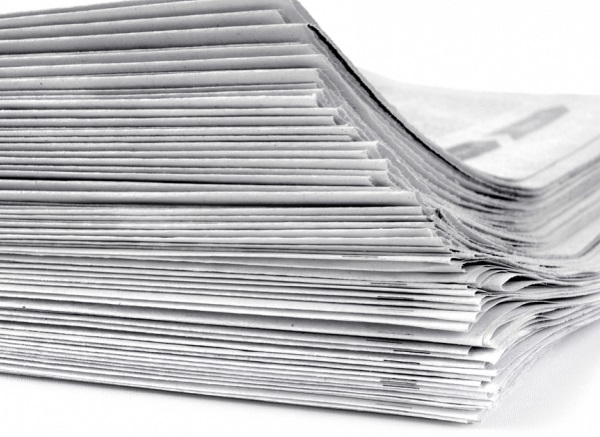
Countries around the world are today recognising World Press Freedom Day as a reminder of the importance of a free and independent press.
3 May was proclaimed as World Press Freedom Day by the United Nations General Assembly in 1993. UNESCO is the UN agency whose mandate defends human rights and fundamental freedoms in general, and freedom of expression and press in particular. To achieve this, it is vital to "collaborate in the work of advancing the mutual knowledge and understanding of peoples, through all means of mass communication and to that end recommend such international agreements as may be necessary to promote the free flow of ideas by word and image", according to the UNESCO Constitution.
This year, the main celebrations will be held in the Finnish capital Helsinki from 2 to 4 May 2016. The main themes of 2016 are: guaranteeing freedom of information as a fundamental freedom and human right; protecting the freedom of the press against censorship and excessive surveillance; and ensuring journalisté safety online and offline.
A novelty this year is the link between press freedom and sustainable development, following the adoptiong of the UN Sustainable Development Goals for 2030, which recognise the need to "ensure public access to information and protect fundamental freedoms, in accordance with national legislation and international agreements" (Goal 16, Target 10).
"In this period of instability and global turmoil, as we face new challenges that require international cooperation and action, the need for quality information has never been greater," explained Irina Bokova, Director General of UNESCO. "This requires solidly building an environment conducive to freedom of expression and efficient systems to ensure the right to know."
Even some countries in the European Union contain media that are muzzled and journalists, reporters, photographers, cameramen and bloggers who are prevented from doing their work. As new technologies and social networks open the floodgates of often unverified and unverifiable information, it falls to independent press to enjoy the freedom to fully research and investigate to find the truth.
Every year on 3 May, UNESCO awards the Guillermo Cano World Press Freedom Prize, named after a Colombian journalist and published who was assassinated in 1968 by a community of drug traffickers. This year, the award is being handed to Azerbaijani journalist Khadiha Ismaylova, who receives $25,000 for her work as an investigative journalist and radio host, including for Radio Free Europe. She was sentenced in 2015 to seven and a half years in prison for "abuse of office and tax evasion".
Photo by Shutterstock








